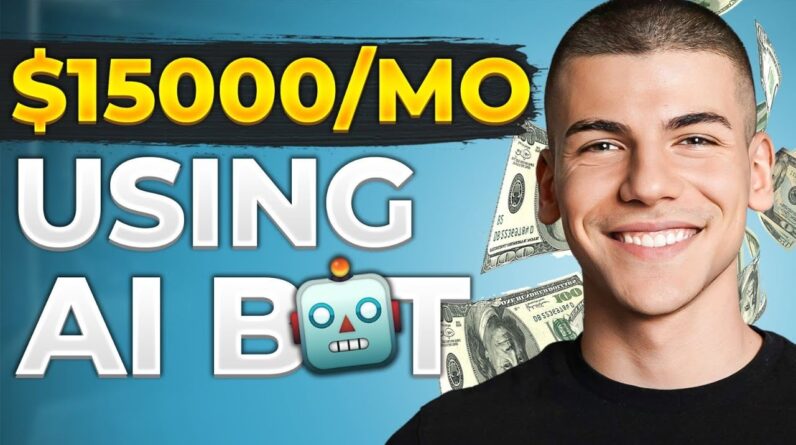Welcome back. You're just in time. It's episode two of Out of Office, the place where in just a couple of minutes, you can learn everything you need to know about what's
going on in the world of remote work and the future of work. So this week there have been two stories that have really dominated the headlines,
particularly in the future of work space. The first one is the idea of quiet
quitting. So if you haven't heard about a quiet
quitting is a concept that's become popular with the Gen
Z TikTok crowd.
And the idea
is that instead of quitting your job when you want to leave,
when you decide you've had enough, when you're not being treated right, instead
you should just do the bare minimum. That bare minimum is basically defined
as your exact job description. So you show up exactly on time,
you leave exactly on time. You take all your scheduled breaks,
you do exactly what's required of you and no more. There are really two perspectives
that I hold personally on this topic. The first one is that this points
to a need for workplaces and managers to really set a defined responsibility
list for the people that they hire. The second reason
that I love the concept of quiet quitting is because I'm a strong believer
that the best form of leadership is inspiring others
to do the best work of their lives.
And the whole ethos behind the quiet
quitting movement is clearly coming down to a generation of people who feel and
inspired by the work that they're doing. And I strongly believe there's
a whole bunch of managers out there that could do with a kick in the ass. They are asking for a clear outline
of what their responsibilities are, what are the inputs and outputs
that make up their work? A little bit of inspiration,
perhaps some context when they're asked to go the extra mile
and then they're asking for enough freedom and flexibility to live their life
the way that they want to.
The way that as a human, they deserve to. You know what?
That's something I can get behind. I'm all for it. The other
news that's been really dominating headlines is Biden's recent announcement
of forgiving student loan debt. So you watching this might be wondering
why on earth this affects people that live outside
the United States of America like myself. This forgiveness of student
loan debt has an immeasurable impact on the worldwide labor market
and on on remote workers everywhere. One of the reasons that I think
the student loan forgiveness is really interesting
is because it exposes some core truths about the relationship between
the education market and the workplace. So there are two things that
the university system is designed to do.

The first one is encourage higher
learning, research and development here, discovering new things.
And that's how we put people on Mars. That's fantastic. But the second thing that it needs to do
is to prepare people for the workforce. When you think about that second purpose
of preparing people for the workforce, what that has meant is that a university
degree has been widely accepted by pretty much every country in the world as the best signifier
that someone is a great person to hire. So to illustrate that point,
I'd like to ask you, watching this. When's the last time you used
something that you learned in your degree? And lastly, is
every graduate of the university program that you attended really better
than every person that didn't graduate? Our university system
has been pretty much the same for so long that Oxford University,
which is still in operation in the UK, is actually older than the Aztec Empire.
Yeah, that's right. You can Google it
and it makes sense, right? We as a as a human race
were trying to figure out how to get to the next level of civilization. And we knew that education
was a really key part of that. But somewhere along the way,
we ended up giving universities the monopoly on determining
whether someone is any good at their job. Well, I say this sucks. I believe that what the world really needs
is a way for workers to prove that they've got what it takes to do a job. Secretly from a university degree. For some people,
the university education will be what set them up for success in a job. But for many others, that's not true. The whole reason Biden is forgiving
this student loan debt is because universities are charging astronomically
larger amounts than they used to. So I'm not saying university is bad
and you shouldn't go out and get a degree. But what I am saying is in 2022,
there are better data points to determine if someone is going
to be great at their job. In which university they went to.
If there's a more reliable way for people
to prove that they've got the skills that it takes to do a job. Perhaps universities will actually have
to come down in line with inflation. And for the rest of us, well, university
might be a part of our story and a part of how we build the skills
that it takes to do a job. We'll all be better off
when that monopoly is broken. So that's it for me
now. I'd like to hear from you. What do you think? Am I onto something? Or did you hate every word
that just came out of my mouth? No matter what
you think. I'd love to hear from you. Drop a comment below
and I'll see you next week..







